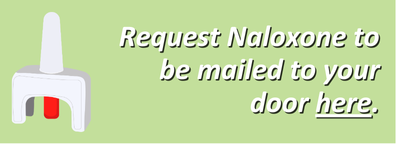The Toledo-Lucas County Health Department is issuing a public health notice regarding the illegal sale and potential dangers of kratom (also known as Mitragyna speciosa), an unregulated substance linked to serious health concerns.
Under current Ohio law, kratom may only be sold in its natural dried leaf or powdered form. It is illegal to sell kratom in any other form, including capsules, liquids, or as an ingredient in food products or dietary supplements. The Ohio Revised Code does not permit the sale of kratom as a food, drug, or dietary supplement.
As part of its enforcement efforts, the Health Department is actively embargoing kratom products found to violate state regulations.
Often marketed as a natural remedy for pain, anxiety, or fatigue, kratom can act like an opioid and carries significant health risks. Its use has been linked to addiction, liver damage, seizures, and even overdose-related deaths. Reported side effects include:
- Nausea, vomiting, and loss of appetite
- Respiratory depression
- Hallucinations, confusion, and agitation
- Seizures, liver toxicity, and cardiovascular issues
- Dependency and withdrawal symptoms similar to those caused by opioids
“While some may believe kratom to be a harmless herbal product, its effects can be unpredictable, and its sale is not allowed under current Ohio law,” said Health Commissioner Karim Baroudi. “We’re taking precautionary steps to safeguard the health of our residents by removing these products from store shelves and encouraging community awareness.”
The Toledo-Lucas County Health Department urges residents to avoid kratom and remain cautious of any substance marketed as a “natural high” or “energy booster.” These claims are often misleading, and such products can pose serious health risks. If you or someone you know experiences adverse effects after using kratom, seek medical attention immediately or call the Poison Control Center at 1-800-222-1222.
The U.S. Food and Drug Administration (FDA) is currently working to classify certain compounds found in kratom, such as 7-hydroxymitragynine, as Schedule I controlled substances due to their high potential for abuse and lack of accepted medical use.




